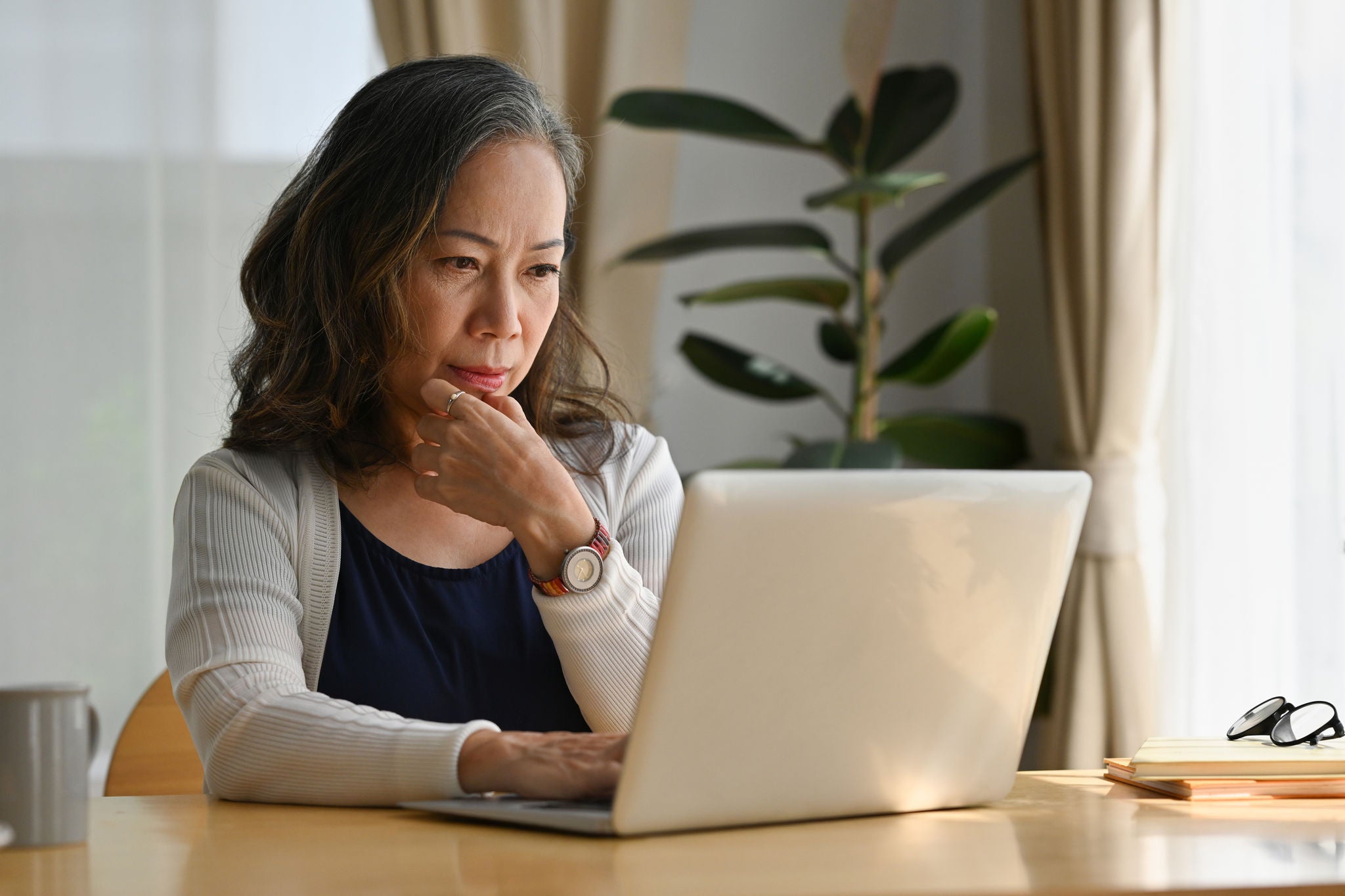-
This topic covers
- What is COVID-19?
- COVID-19 vaccines
- COVID-19 No Fault Vaccine Claim Scheme
- Self-isolation
- Rapid Antigen Tests
- Face masks
- Family and parenting
- Business and services
- Employment rights
- Support payments
- Information for employers and businesses
- Tenancy
- Scams
- Financial rights
- Court and tribunal matters
- Information for prisoners
- COVID-19 fines
- Complaints
- What is COVID-19?
| Time limit | Action |
|---|---|
| Public health orders | |
| Due date | If you received a fine for breaching a public health order, you must:
|
| 28 days | If you have been served with a fine reminder notice, you must:
|
| 28 days | If you have been served with an overdue fine notice, you must pay the amount on the order. If you don't, Revenue NSW will take enforcement action again you, for example, suspending your driver licence or vehicle registration. |
| Discrimination | |
| 12 months | To complain to Anti-Discrimination NSW after an incident of discrimination. |
| Six months | To complain to the Australian Human Rights Commission (AHRC) after an incident of discrimination. |
| 60 days | To apply to the Federal Court of Australia or Federal Circuit and Family Court of Australia after the AHRC issues a complaint termination notice. |
| Consumers | |
| Three years | To apply to the NSW Civil and Administrative Tribunal (NCAT) from when the cause of action occurred (event you are complaining about). |
| Six years | To make a civil claim in the Local Court of NSW. |
Legislation
| Authority | Covers |
|---|---|
| Public Health Act 2010 | Gives the Minister for Health the power to make public health orders. There are currently no active Public Health Orders in NSW. |
Organisations
| Organisation | Responsibilities |
|---|---|
| Consumer and Commercial Division NSW Civil and Administrative Tribunal (NCAT) | Determines consumer disputes, including cancellations and refunds due to COVID-19. |
| Fair Work Commission | Determines some employment law disputes, including general protections and termination. |
| Local Court of NSW | The offence of failing to comply with public health orders can be dealt with by a fine, or in the Local Court. The Court determines any cases where a person has elected to take their quarantine fees to court. |
Local Court of NSW Federal Circuit and Family Court of Australia | Determines applications for parenting orders, including Recovery Orders and orders relating to relocation or travel. |
| Common term | Definition |
|---|---|
| Contraindication | A condition that prevents a person from having certain medical treatment because it may be harmful to them. |
| Fitted face covering | A face mask or other covering that fits securely around your face and is designed to be worn over your nose and mouth to provide you with protection against infection. |
| Household | People living together in the same place of residence. |
| Isolation | Isolation means you should stay separate from all other people, including your household. You should stay home until your acute symptoms have gone. Isolation is recommended when you have COVID-19. If you must leave home, you should wear a face mask when indoors or on public transport. |
| Public health order | An order made by the Minister for Health if the Minister considers on reasonable grounds that there is, or is likely to be, a situation that is a risk to public health. Public health orders are enforceable directions from the government and you can be fined or charged if you do not follow them. |
| Social distancing | Social distancing, also called physical distancing, means that you:
|
More services
Other resources
- Administrative Appeals Tribunal (AAT): Impact of coronavirus (COVID-19) on our service
- Australian Competition and Consumer Commission: COVID-19 (Coronavirus) information for consumers
- Australian Financial Complaints Authority (AFCA): Coronavirus (COVID-19) pandemic - support hub
- Fair Work Commission: Going to work and COVID-19
- Fair Work Ombudsman: Coronavirus and Australian workplace laws
- Federal Circuit and Family Court of Australia: COVID-19 updates and information
- Local Court of NSW: Changes to court operations - COVID-19 (coronavirus)
- National Debt Helpline: COVID-19 Financial Survival Guide
- NSW Civil and Administrative Tribunal (NCAT): Changes to COVID measures at NCAT
- NSW Government: COVID-19
- NSW Health: COVID-19 (Coronavirus)
- Office of the Registrar General: COVID-19 updated
- Redfern Legal Centre: Free legal advice for people in NSW with COVID-19 fines
Last updated: December 2023
